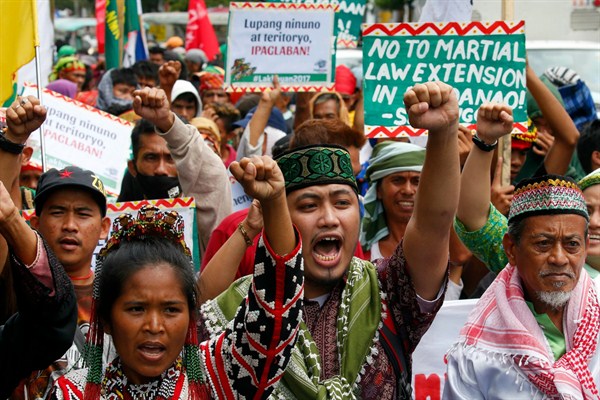Editor’s note: This article is part of an ongoing series about religious minorities in various countries around the world.
In late January, the Department of Tourism in the Philippines announced plans to make the country a significant “religious pilgrimage destination,” especially for Catholic communities in Asia, by restoring old churches and historical shrines. Yet efforts to capitalize on its status as the largest Catholic-majority country in Asia and draw in more tourists could create problems in the Philippines, which has sizeable non-Catholic Christian communities and a Muslim population that has long felt marginalized by a state heavily linked to the Catholic faith. In an email interview, David T. Buckley, an assistant professor of political science and Paul Weber Endowed Chair in Politics, Science and Religion at the University of Louisville, discusses the historical experiences of religious minorities in the Philippines, how they have informed the country’s politics, and the state of religious freedom today.
WPR: What is the historical experience of religious minorities in the Philippines? Do religious minorities hold grievances against the state?

